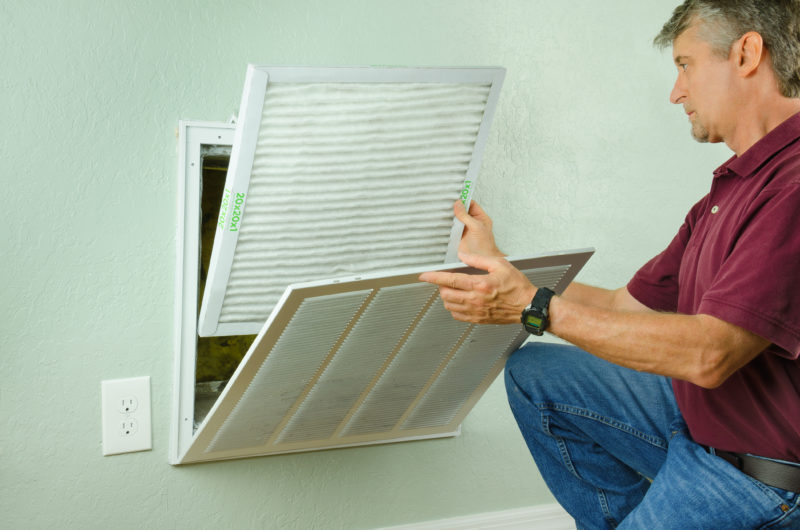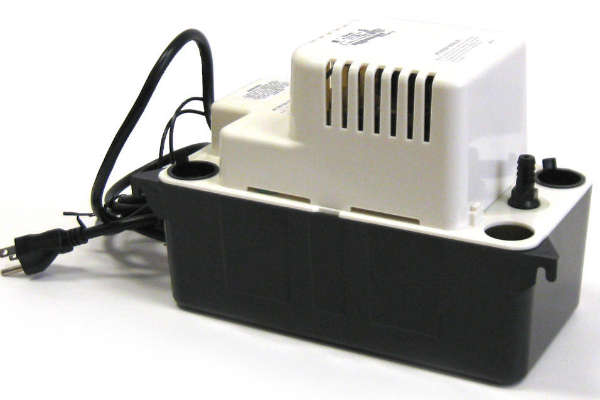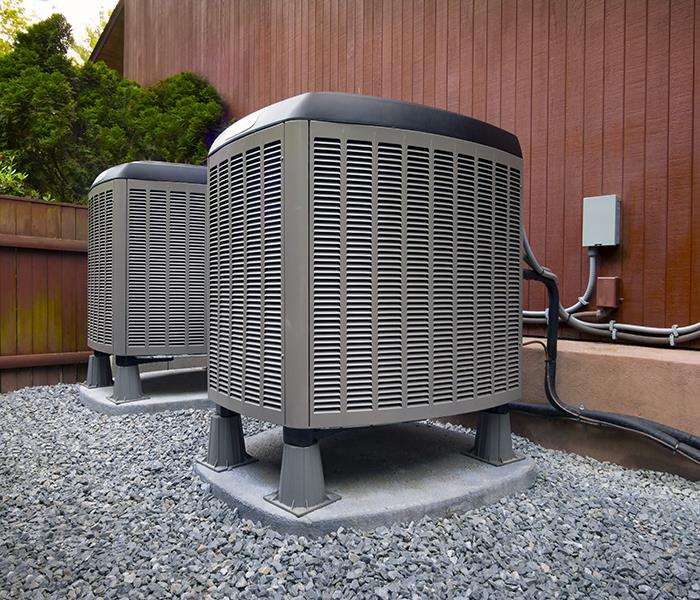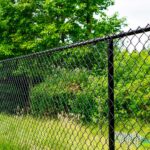If not properly maintained, your heating, ventilation, and air conditioning (HVAC) unit could cause water damage to your home. When leaks happen, mold can form and contaminate the air in your home as well as short electrical systems. Luckily, there are measures you can take to prevent such occurrences from happening. Keep reading to learn more about what steps you can do yourself to prevent HVAC water damage.
Perform Preventative Maintenance

Checking your HVAC system regularly helps to detect early signs of a leak. If you see water pooling on the floor, you know that you have a leak or a clog. In addition, according to the U.S. Department of Energy, following a regular maintenance schedule can reduce your overall energy costs by 5 to 10%.
If you’re not comfortable performing maintenance yourself, you can hire a professional. A professional can inspect the AC compressors, ductwork, registers, and other inner workings of your HVAC system to make sure everything is in working order. Make sure that the technician also tests for refrigerant leaks with a leak detector.
Change HVAC Filters Regularly

By changing out the HVAC filters, you prevent your HVAC system from overworking. If your system works too hard, it can cause the evaporator coils to freeze and defrost, eventually leading to leaking water inside your home. In addition, clogged and dirty filters block the airflow and reduce the system’s overall efficiency. The EPA suggests changing these filters once every 60 to 90 days, depending on the manufacturer’s recommendations.
Maintain the Condensation Drain Line
Once hot and humid air becomes cooled, it creates condensation surrounding the evaporator coil. This condensation drips into a condensation pan, which empties through a drain line. When the HVAC system is running, check the condensation drip line to make sure that you see water moving toward the drain. The amount of flowing water depends upon your house’s humidity level. This is the only place that you should see water drip from the air conditioner. Check this line monthly to make sure that it’s working properly.
The condensation line needs to be cleaned every three to six months. To do this, you can use a piece of string tied to an old rag. This cleaning prevents blockages and removes debris.
Install a Condensate Pump

Once you install a condensate pump, the excess water flow finds a way into the proper disposal drain. You should also install a safety float switch, which automatically shuts down the AC unit’s power whenever condensation builds.
You can install the pump yourself by placing a PVC pipe from the drain to the furnace. Anchor the pipe to either the ceiling or wall. Find the drain connection on the furnace and connect the PVC pipe to the port on the condensate pump. If you don’t feel comfortable doing this yourself, you can also hire a professional.
It’s important to catch potential leaks with your HVAC system before they become a larger issue. By adhering to these recommendations, you can know exactly what’s going on with your system before there’s damage to your air and home’s foundation.






